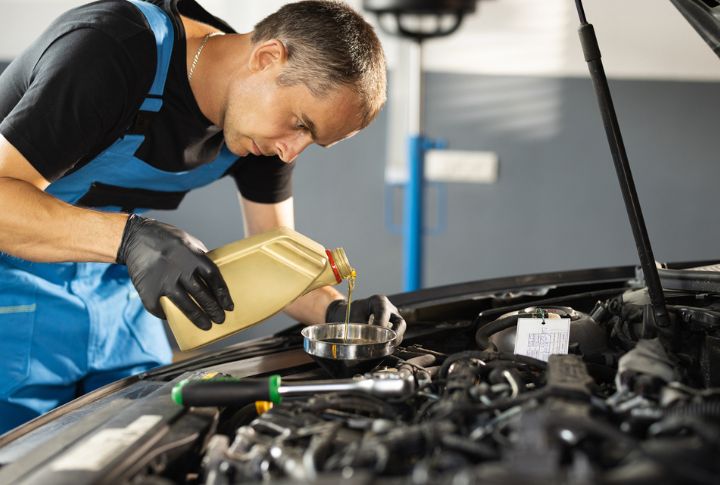
8 Worst Car Engine Oils to Avoid

When it comes to maintaining your car, choosing the right product is important. Selecting a subpar product can lead to many problems, such as decreased performance and irreparable damage. Here are some of the worst car engine oils you should avoid and their better alternatives.
Low-Quality Conventional Oil

While they might save you a few bucks upfront, conventional oils often lack the necessary additives to protect your engine. This type can lead to increased engine wear and sludge buildup over time. Select a reputable conventional oil brand that meets industry standards to keep your engine running smoothly.
Unknown Synthetic Blends

These oils might not provide the same level of protection as those from trusted manufacturers, potentially leading to engine wear. Instead, choose synthetic blends from well-known brands that guarantee quality and performance.
Unreliable High-Mileage Oils

Such oils are designed for older engines, but those from unreliable brands can be of low quality. They may lack the essential additives that prevent leaks and reduce wear. Stick to high-mileage oils from established brands to ensure your older engine gets the care it needs.
Cheap Diesel Engine Oils

Diesel engines require oils with specific properties to handle higher stress and heat. Cheap, generic diesel oils often don’t meet these requirements, leading to reduced engine life. Invest in a high-quality diesel oil specifically formulated for your engine type for better longevity and performance.
Low-Viscosity Economy Oils

It might be tempting to use low-viscosity engine oils to save fuel, but they can compromise engine protection. Thinner oils can fail to provide adequate lubrication under high stress. For better protection, go for oils with the correct viscosity recommended by your vehicle’s manufacturer.
Recycled Engine Oils

Even though they are environmentally friendly, recycled or reclaimed oils can be inconsistent in quality. Contaminants could remain, posing a risk to your engine. To avoid potential engine issues, choose fresh, high-quality oils that guarantee purity and performance.
Foreign Brands Without Certification

Some foreign brands cannot provide the same level of engine protection as trusted domestic brands because they lack proper certification or recognition. Stick with well-known, certified brands that ensure your engine gets the best care.
Non-API Certified Oils

Oils that haven’t been certified by the American Petroleum Institute (API) often lack the necessary testing to guarantee quality. Using such oils can lead to engine damage over time. Always look for the API certification on oil labels to ensure you use a tested and approved product.


